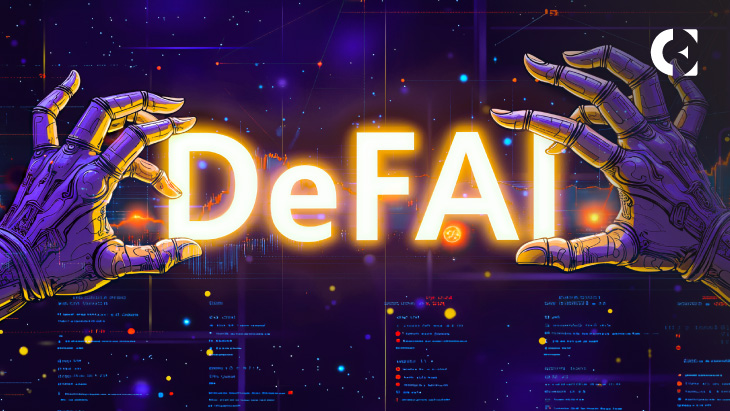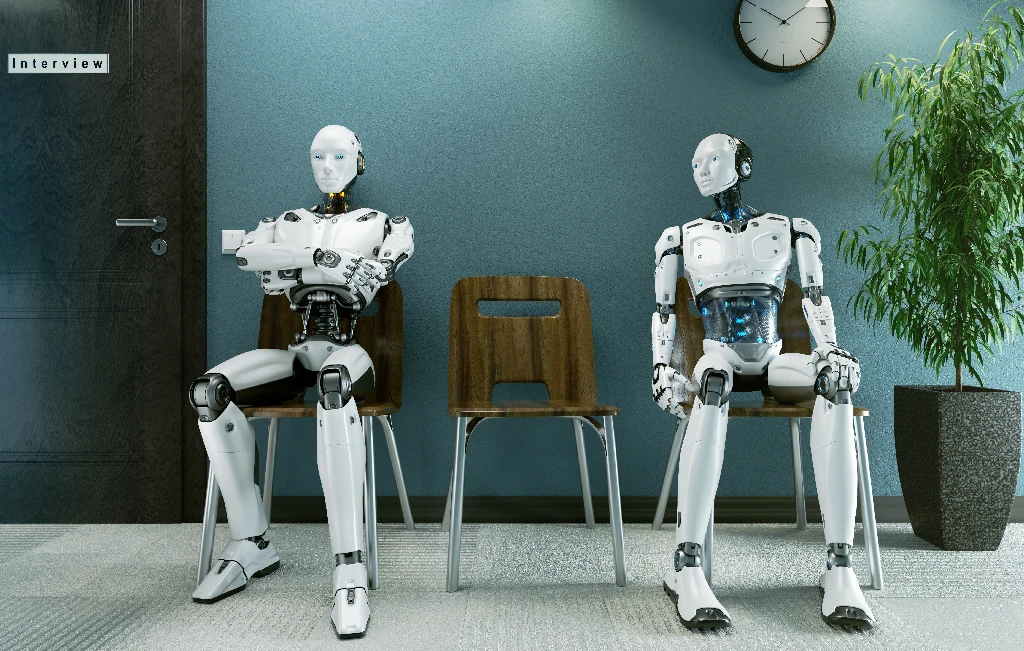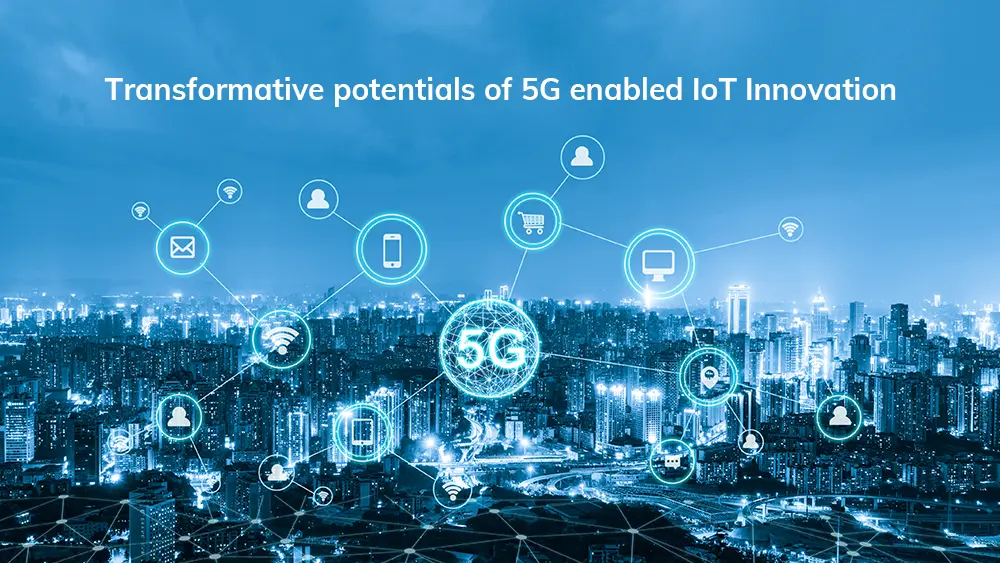justineanweiler.com – In the fast-evolving world of artificial intelligence (AI), a groundbreaking shift is underway. DeFAI—short for Decentralized Artificial Intelligence—is a concept that seeks to reshape the AI landscape. By combining the power of AI with the benefits of decentralization, DeFAI promises to make AI more accessible, transparent, and fair. Here’s a closer look at what DeFAI is all about and how it could transform the future of AI.
What is DeFAI?
At its core, DeFAI represents a new approach to developing and using artificial intelligence. Traditionally, AI systems have been controlled by a few large corporations, centralizing the development, data, and decision-making processes. DeFAI flips this model on its head by using decentralized networks—often based on blockchain technology—to distribute control and resources.
This decentralization allows for more collaborative development and ensures that AI systems are not controlled by a single entity. It also gives individuals and smaller organizations more power and control over how AI is created and used, making it a more democratic and accessible system.
Key Features of DeFAI
DeFAI introduces several key features that address many of the issues with traditional AI systems:
- Decentralization: Rather than relying on a central authority to develop and control AI models, DeFAI distributes this responsibility across a network. This helps prevent monopolies and promotes greater innovation.
- Transparency: One common critique of traditional AI is the “black box” problem—where it’s hard to understand how AI systems make decisions. With DeFAI, transparency is built in. Blockchain technology records every interaction with the AI, making it easier to track decisions and understand the reasoning behind them.
- Fairness: DeFAI aims to create more equitable AI models by reducing bias. Traditional centralized AI systems can inadvertently perpetuate bias, but decentralized systems allow for more diverse input, reducing the risk of discrimination in decision-making.
- Privacy: In traditional AI systems, personal data is often controlled by large companies. With DeFAI, individuals retain control over their data. Blockchain ensures data privacy while enabling secure sharing, giving users more control over how their information is used.
The Role of Blockchain in DeFAI
Blockchain is a key enabler of DeFAI. It provides a secure, transparent, and immutable ledger that records every transaction and interaction with AI models. Here’s how blockchain enhances DeFAI:
- Data Provenance: Blockchain ensures that data used to train AI models is ethically sourced and remains verifiable, making it easier to trace and audit.
- Distributed Computing Power: Blockchain allows AI to tap into computing resources across a decentralized network. This makes AI development more affordable and accessible to smaller organizations or independent developers.
- Smart Contracts: These self-executing contracts automatically enforce rules and agreements in a decentralized AI system. They ensure that data privacy, ethical guidelines, and reward systems are maintained without human intervention.
- Tokenization: Blockchain-based tokens can reward participants for contributing data, computing resources, or AI models. This creates a new incentive structure and encourages collaboration across the DeFAI ecosystem.
Applications of DeFAI
The potential applications of DeFAI are vast and span many industries. Here are just a few:
- Healthcare: DeFAI could revolutionize healthcare by allowing for the secure sharing of medical data. AI models could be trained on diverse datasets, leading to more personalized and accurate treatment recommendations while maintaining patient privacy.
- Finance: In finance, DeFAI could enable decentralized models for risk assessment, fraud detection, and predictive analytics. It could also reduce reliance on centralized financial institutions, making financial services more inclusive.
- Supply Chain and Logistics: DeFAI could optimize logistics by improving data accuracy and automating supply chain management. AI systems could be trained on decentralized data, making the system more efficient and transparent.
- Governance and Public Policy: DeFAI can help analyze large datasets to model public policies and predict outcomes. By ensuring that AI systems are transparent and fair, DeFAI could lead to more accountable governance.
- Autonomous Vehicles: In the world of self-driving cars, decentralized AI could allow vehicles to share real-time data with one another, improving safety and performance. This could lead to more reliable autonomous systems that are less reliant on a single company’s infrastructure.
Challenges and Considerations
While the promise of DeFAI is exciting, there are challenges to overcome:
- Scalability: Decentralized AI systems need to be scalable. Ensuring that they can handle large volumes of data and computation without sacrificing performance is a key challenge.
- Regulation: Decentralized AI poses unique regulatory challenges. Governments will need to figure out how to regulate these systems to ensure they are used responsibly, without stifling innovation.
- Interoperability: For DeFAI to thrive, it must be compatible with existing AI systems and technologies. Ensuring seamless interaction between decentralized and traditional AI models is critical for widespread adoption.
The Future of DeFAI
As we move toward a more decentralized digital world (often referred to as Web3), DeFAI is poised to play a major role in the future of artificial intelligence. By decentralizing the development, training, and deployment of AI models, DeFAI could empower individuals and organizations to create more ethical, transparent, and accessible AI systems.
The future of DeFAI promises a more inclusive AI ecosystem, where control is not concentrated in the hands of a few large corporations, but rather distributed among a network of contributors. This could lead to AI systems that are not only more innovative and secure but also more aligned with the values of fairness and privacy.
Conclusion
DeFAI represents a groundbreaking shift in how we think about artificial intelligence. By decentralizing AI, it addresses many of the problems with traditional systems—such as bias, lack of transparency, and concentration of power. While challenges remain, DeFAI offers an exciting vision for a future where AI is more equitable, accessible, and trustworthy. As decentralized technologies continue to develop, the potential for DeFAI to reshape the AI landscape is immense.





